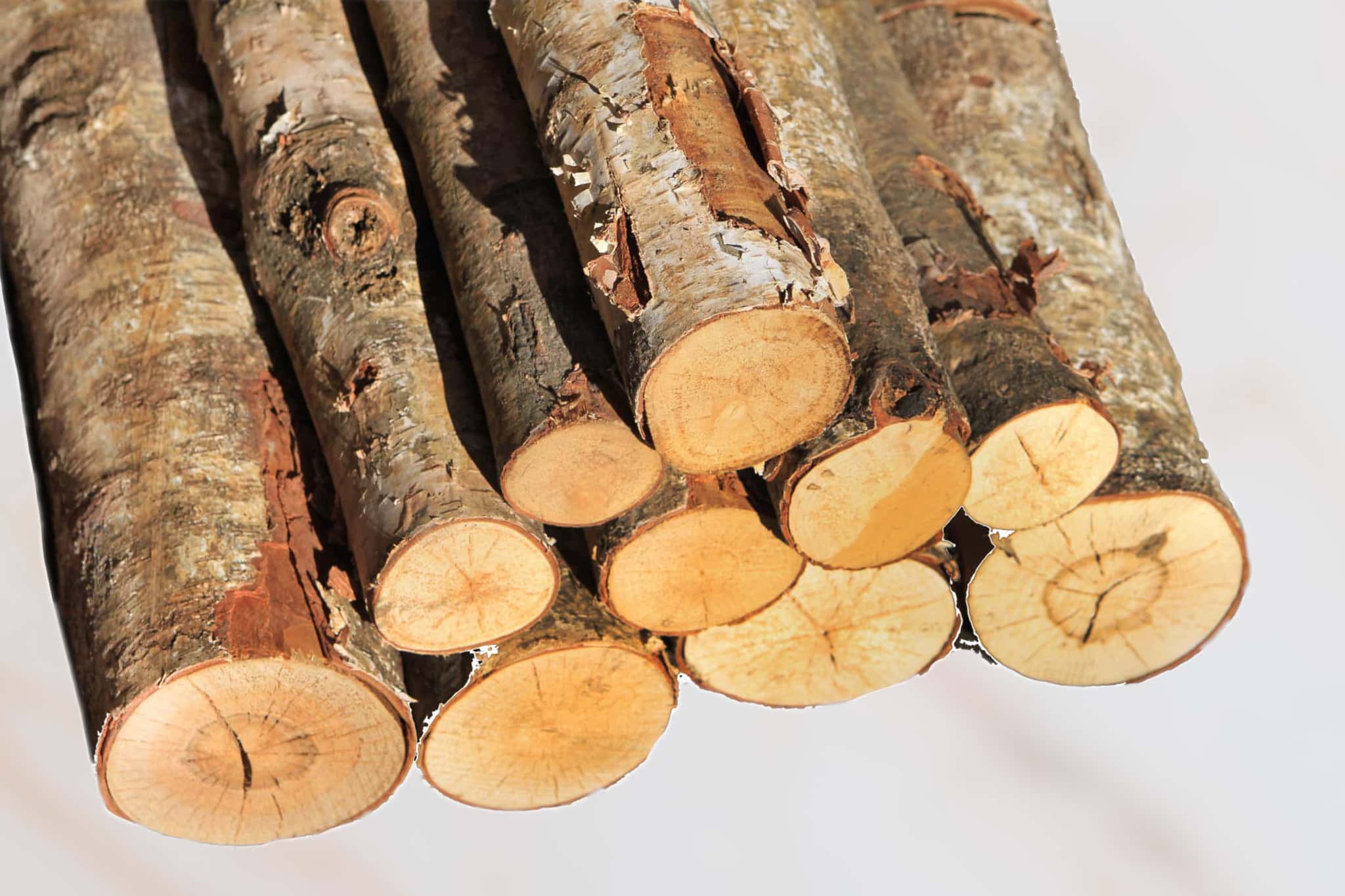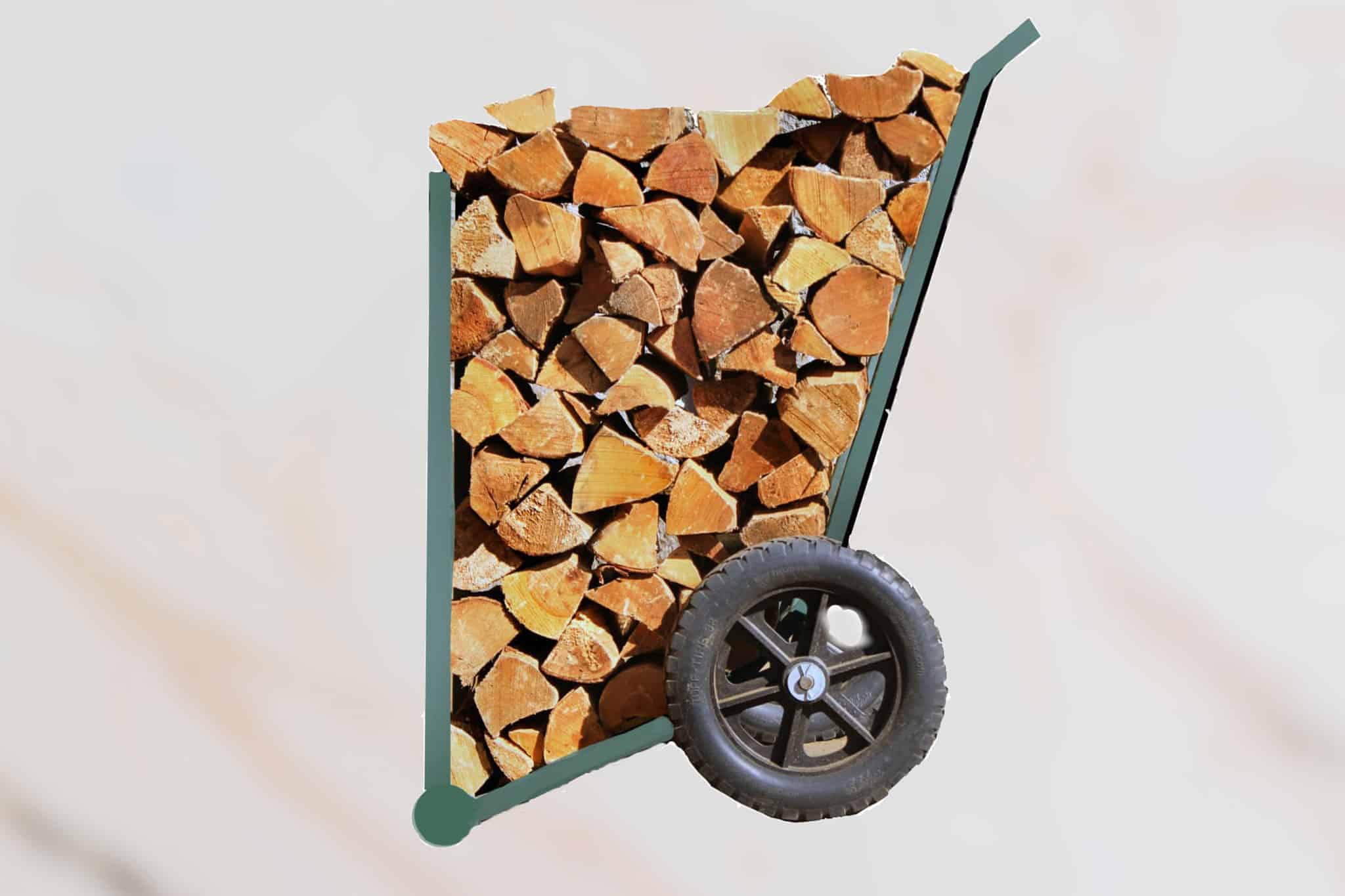The History of Logging in the USA
Interesting Facts to Ponder
The logging industry began in 1607 when the Jamestown settlers cut down lumber to build the first settlement in the new world. It has not withered away over the centuries, in fact, the lumber industry in the United States is extremely important to our economy; consistently supplying lumber throughout the world.
It all Started with Ship Building
Before the formation of the United States of America, the American Colonies were essential to England in the role of supplier of lumber for the mighty British fleet. According to an article by Woodsplitters Direct by the 1790s New England was exporting 36 million feet of pine boards and at least 300 ship masts per year to the British Empire.
With the dawn of the industrial revolution around the same time, the logging industry spiked with the need for New England to regularly ship timber outside North America. According to the History Channel by the 1830s, Bangor, Maine was the world’s biggest shipping port of lumber. However, with such a high demand, the timber supply began to dwindle at the start of the 20th century. The logging industry was then forced to seek timber elsewhere; hence, the expansion into the American West.
Go West Young Man
With the enactment of the Homestead Act of 1862 westward expansion took off; great news for dwindling timber supply in the Eastern United States. With a new supply of wood, the logging industry was able to keep going strong for the American economy.
The logging industry expanded west by leaps and bounds:
- In 1910 Idaho was distributing 745 million board feet nationally
- Between 1945 and 1970, the logging industry expanded to Washington and Oregon; timber harvest rate went from 5% to 50% and
- By 1970, 41% of the lumber in the United States came from the Pacific Northwest.
Logging Methods throughout the Years
Transportation
Waterways
Since timber is harvested in remote forested location, the timber industry utilized waterways to transport their heavy product. The most efficient practice was to cut timber near water, sending logs downstream for processing (i.e. for wood heat) and/or delivery. Log flumes were also created that utilized water-filled troughs where logs were tied together like rafts and floated downstream.
Horses and Oxen
When it became necessary to move away from water for harvesting, loggers relied on horses or oxen to haul timber. They often dragged logs through woods over skid roads and rough tracks.
Railroads
In order to get lumber from raw material to product, logging companies had to get creative. In some cases makeshift railroads were constructed from the very lumber harvested. Once the lumber was transported to a sorting yard, regardless of how it got there, it was then moved to mills where the wood was transformed into products.
Cutting Methods
As technology evolved so did the tools of the trade for the logging industry. Early loggers worked by hand via axes and handsaws. Next came more powerful tools such as chainsaws and the feller buncher. This motorized vehicle can quickly cut and gather trees.
US Logging Industry Today
Today US timber is transported all of the world, as far away as Australia and China. The logging industry has been an integral part of the American story. (There is even a recognizable folk hero, Paul Bunyan and his blue ox Babe; symbol of the American Work Ethic.) It will continue as a staple of life for America, providing raw materials for housing, firewood for heat and a way of life for woodworkers, builders and more.
Premier Firewood Can Cover Your Needs
We offer firewood delivery to homes and restaurants in New York City, Westchester, NY and Fairfield County, CT. Order your firewood by calling Premier Firewood Company™ at 203-866-4252 or order online 24/7 for delivery of our kiln dried firewood today













